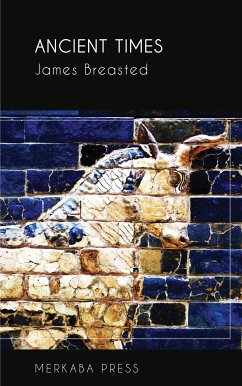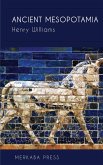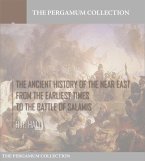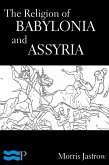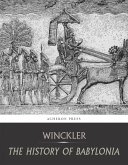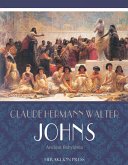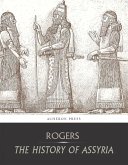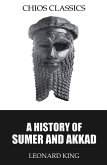Each device grew out of earlier inventions, and each would have been impossible without the inventions which came in before it. Thus, if we went back far enough, we would reach a point where no one could build a stagecoach or a wagon, because no one had invented a wheel or tamed a wild horse. Earlier still there were no ships and no travel or commerce by sea. There were no metal tools, for no one had ever seen any metal. Without metal tools for cutting the stone there could be no fine buildings or stone structures. It was impossible to write, for no one had invented writing, and so there were no books nor any knowledge of science. At the same time there were no schools or hospitals or churches, and no laws or government. This book is intended to tell the story of how mankind gained all these things and built up great nations which struggled among themselves for leadership, and then weakened and fell. This story forms what we call ancient history.
If we go back far enough in the story of man, we reach a time when he possessed nothing whatever but his hands with which to protect himself, satisfy his hunger, and meet all his other needs. He must have been without speech and unable even to build a fire. There was no one to teach him anything. The earliest men who began in this situation had to learn everything for themselves by slow experience and long effort, and every tool, however simple, had to be invented.
People so completely uncivilized as the earliest men must have been, no longer exist on earth. Nevertheless, the lowest savage tribes found by explorers at the present day are still leading a life very much like that of our early ancestors. For example, the Tasmanians, the people whom the English found on the island of Tasmania a century or so ago, wore no clothing; they had not learned how to build a roofed hut; they did not know how to make a bow and arrows, nor even to fish. They had no goats, sheep, or cows; no horses, not even a dog. They had never heard of sowing seed nor raising a crop of any kind. They did not know that clay would harden in the fire, and so they had no pottery jars, jugs, or dishes for food...
Dieser Download kann aus rechtlichen Gründen nur mit Rechnungsadresse in A, B, BG, CY, CZ, D, DK, EW, E, FIN, F, GR, H, IRL, I, LT, L, LR, M, NL, PL, P, R, S, SLO, SK ausgeliefert werden.

